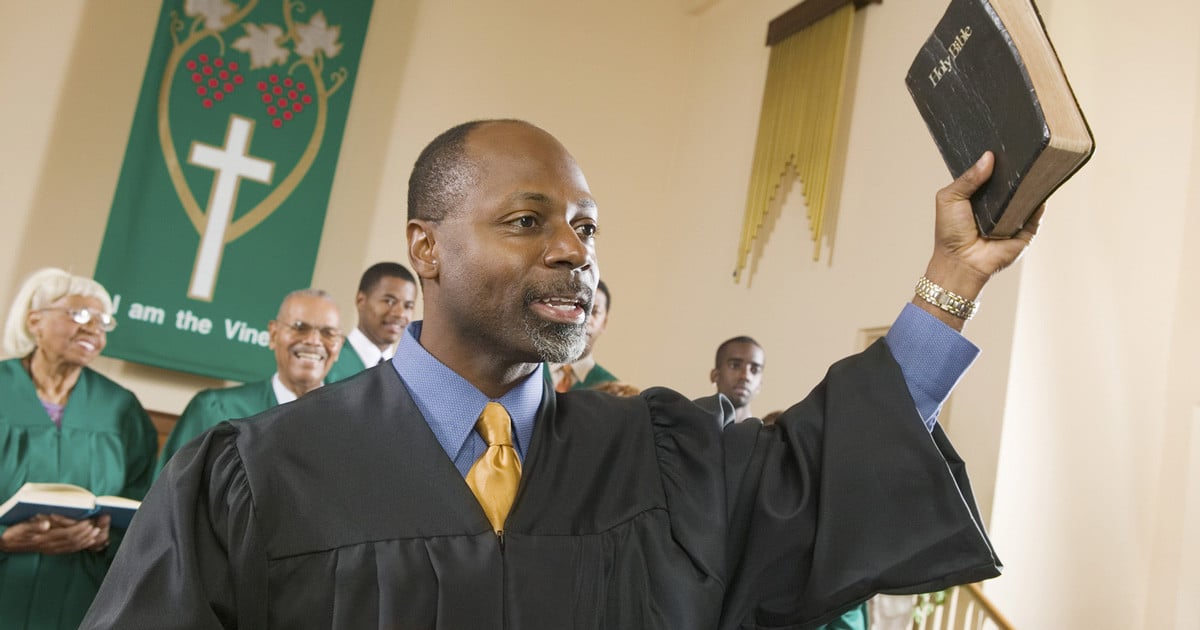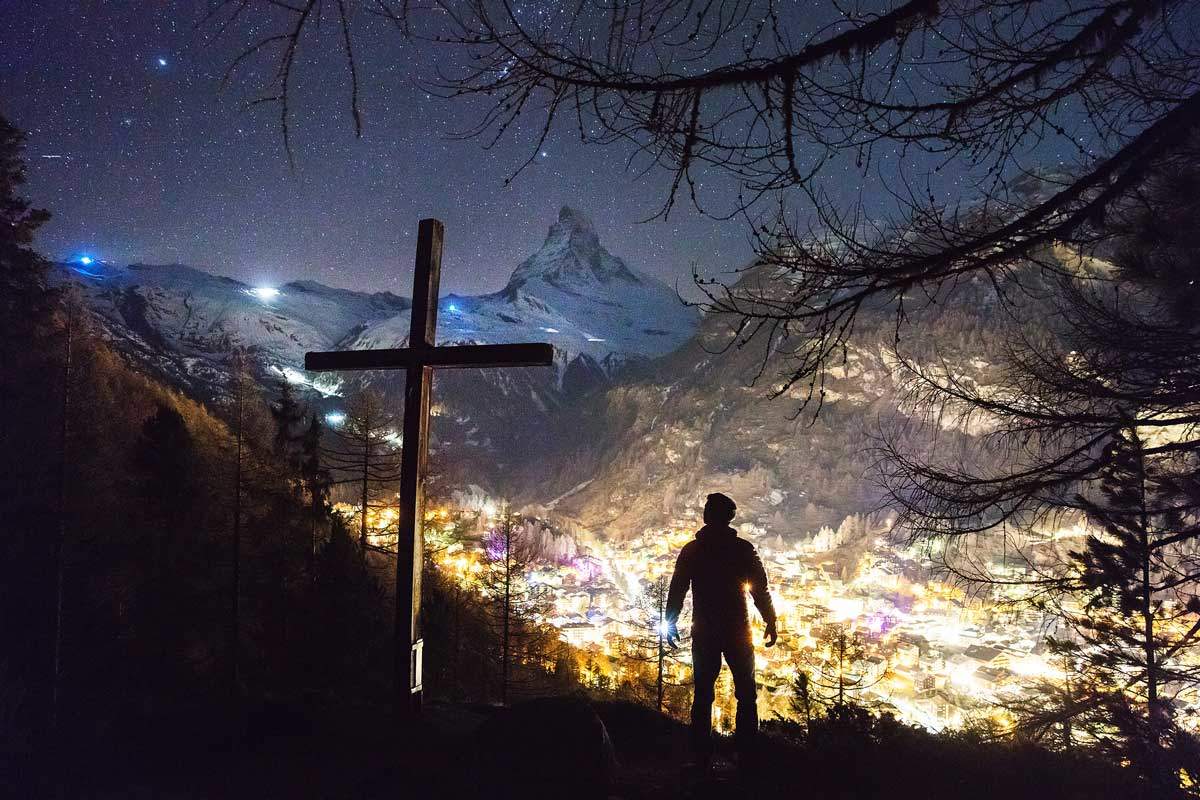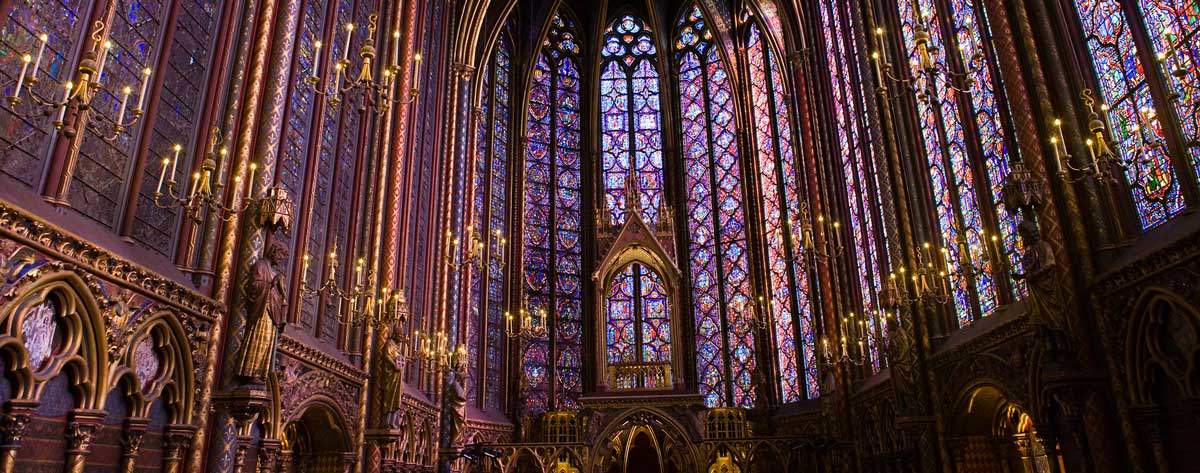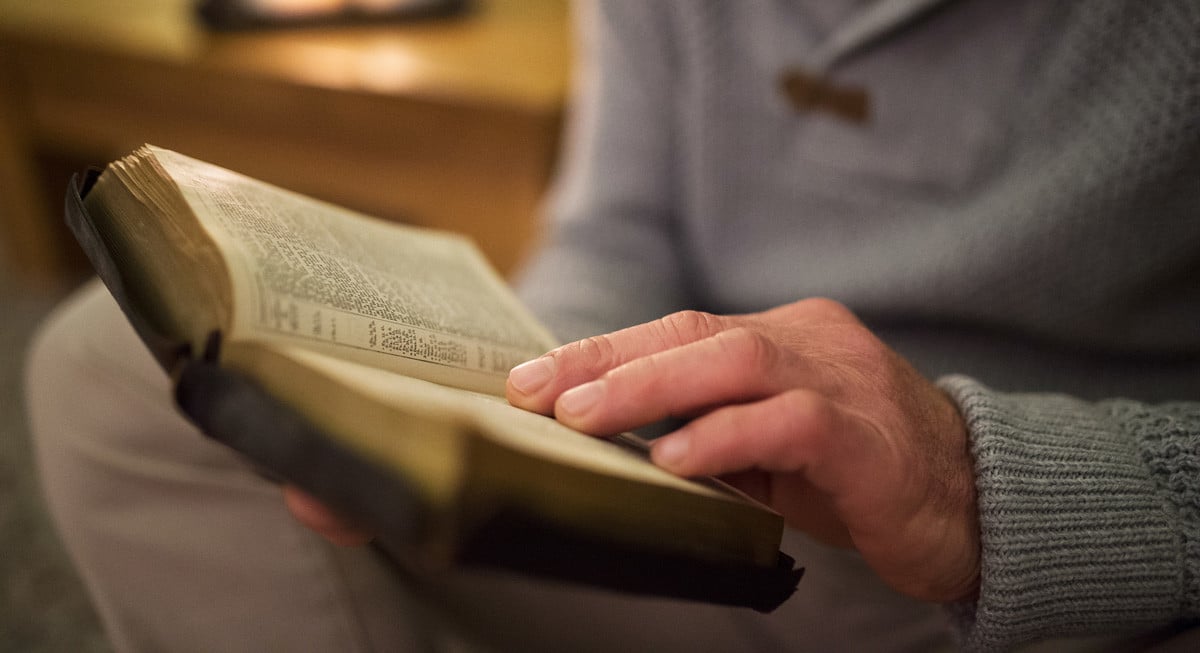Theology 2 is the investigation of God’s character and interactions with us and our world, summarizing and systematizing what we can know both through creational and redemptive revelation. The course provides an overview of the topics Jesus, salvation, atonement, sanctification, church, sacraments, mission, social witness, end times, return of Jesus, and the new creation. The companion course, Theology 1, focuses on revelation, scripture, creation, providence, sin, human nature and depravity. Together these courses survey the primary topics that make up Christian theology.
SESSION 1 – “I Met a Man Once…” Key Idea: Everyone around Jesus recognized that he was a unique individual, but people disagreed about what kind of uniqueness he possessed. Increasingly his disciples (and through them, the church) came to understand that Jesus was God incarnate, and the means to eternal life. SESSION 2 – The Heart of God Key Idea: While we are able to know about God through the grandeur and power of nature (creational revelation), the character and saving initiatives of God are most directly and openly made known through the coming of Jesus into our world. When we know Jesus’ more fully, we understand God more beautifully. SESSION 3 – Why Did Jesus Die? Key Idea: No one disputes that Jesus’ life was extraordinary, or that he died a horrible death; but the significance of Jesus’ death remains a complicated discussion: some see Jesus’ death as satisfying the Father’s righteous judgement against the human race; some understand Jesus’ death as ransoming humanity from the stranglehold of evil; some view Jesus’ death as a mighty example of love that inspires transforming heart-change in humans. SESSION 4 – Born Again Key Idea: The salvation Jesus’ brings is accomplished through his life, death and resurrection at a particular time and place in human history. But its effects are brought home to each of us in our own experiences through a process that transforms us. This process is called the ordo salutis, or the “order of salvation” by which the work of Christ is applied to our lives and changes us. SESSION 5 – The New Humanity Key Idea: While there are many descriptions of the church in the New Testament, four are dominant (People of God, Fellowship in the Faith, New Creation, Body of Christ), with the “Body of Christ” serving as the largest and broadest understanding of what the church is and how it functions. SESSION 6 – Shaping the Neighborhood Key Idea: The church, as an outpost of and witness to the divine Kingdom and its values, is shaped by common practices around the world in congregations and fellowships of believers. These both identify the community of faith in distinction from the cultures in which it is found, and also witness to these cultures of a transcendent and meaningful life found only in Jesus. Dominant among these practices are the sacraments, the drama of redemption replayed annually in the liturgical year, and the characteristic dimensions of Body life that form healthy congregational life. SESSION 7 – “Through you I will bless all the nations of the earth…” Key Idea: The Christian church was born as a mission enterprise. Yet evangelism did not begin at Pentecost; God has been on a quest to reconnect with humanity ever since the children of Adam and Eve wandered away from Eden. First through Israel, God sought to reach out to early human civilizations. Then, in the Pentecostal empowerment of Jesus’ followers, God’s mission of reconciliation and redemption became the main business of Christianity. SESSION 8 – A Witnessing Community Key Idea: The church exists as a witnessing community. It was given its identity in the “Great Commission” (Matthew 28:18- 20) and empowered by the coming of the Holy Spirit (Acts 2) to be the mouthpiece and visible representation of God’s mission of bringing all of humanity back into fellowship with its Creator (2 Peter 3). SESSION 9 – Anticipating the Future Key Idea: The church exists as a witnessing community, living into the future of God’s good plans. There are at least four foundational aspects to the church’s witness, and these are practiced in a variety of ways by the church as it interacts with the world. SESSION 10 – Our Ultimate Hopes Key Idea: It is hard to predict the future, but there are at least four key promises that shape our Christian hope: (1) Jesus, who is our savior, risen and ascended, will return to make all things new; (2) the dead will rise to everlasting life; (3) this world and all people will come under a cleansing judgment to restore God’s good designs; and (4) the creation will be restored to its intended goodness, and united more fully with heaven, becoming a truly seamless Kingdom of God. What is less certain is the manner in which this end will arrive, and at least three millennial scenarios have been proposed. -All Rights Reserved. Use only by Permission.
